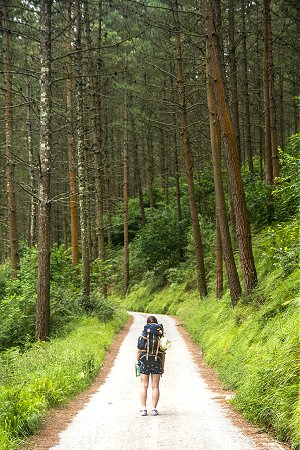 Nature TourismNature tourism represents one of the most significant developments in modern travel, reflecting growing environmental awareness and desire for authentic experiences in natural settings. This sector has evolved from simple nature observation to encompass sophisticated eco-experiences that combine education, conservation, and sustainable tourism practices. The Amazon rainforest stands as the ultimate symbol of nature tourism, offering visitors unparalleled biodiversity and ecosystem experiences. Brazil's development of sustainable tourism infrastructure in the Amazon demonstrates how natural destinations can balance accessibility with conservation. Lodge networks, guided experiences, and educational programs provide visitors with deep immersion in the world's largest rainforest while supporting conservation efforts. Africa's wildlife tourism sets global standards for nature-based experiences. The Serengeti ecosystem, spanning Tanzania and Kenya, provides visitors with exceptional wildlife viewing opportunities, particularly during the great migration. The African model of combining luxury accommodations with wilderness experiences has created a high-value tourism segment that directly supports conservation efforts. The Galapagos Islands exemplify how nature tourism can drive conservation efforts while providing unique visitor experiences. Ecuador's management of this unique ecosystem demonstrates the delicate balance between allowing access to natural wonders and preserving their ecological integrity. European nature tourism focuses on accessible wilderness experiences. Norway's fjords offer dramatic natural landscapes combined with well-developed tourism infrastructure. Iceland's success in developing nature tourism around its unique geological features - from geysers to glaciers - shows how natural phenomena can become primary tourism drivers. Australia's Great Barrier Reef represents marine nature tourism at its most spectacular, combining underwater exploration with scientific education and conservation awareness. The reef's management model demonstrates how nature tourism can raise awareness about environmental challenges while providing world-class visitor experiences. The economic impact of nature tourism extends beyond direct revenue generation. The sector creates employment in remote areas, supports conservation efforts, and often leads to improved infrastructure development in previously underserved regions. Nature tourism frequently generates higher per-visitor spending than mass tourism, particularly in premium wildlife viewing destinations. Technology has transformed nature tourism experiences through innovations like wildlife tracking apps, augmented reality nature guides, and sophisticated camera systems for wildlife observation. These tools enhance visitor experiences while minimizing impact on natural habitats. Conservation and sustainability form the core principles of modern nature tourism. Leading destinations implement strict visitor management systems, support scientific research, and contribute to habitat preservation. Many nature tourism operations now include specific conservation components in their programs. Educational aspects have become increasingly important in nature tourism. Programs combine entertainment with environmental education, creating more informed and environmentally conscious travelers. This approach helps build long-term support for conservation efforts while enhancing visitor experiences.
| | |
| Powered by MMS vers. 5.2 - © 2024 EUROTEAM |
|---|

